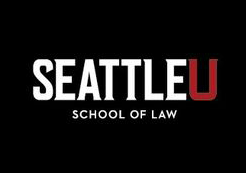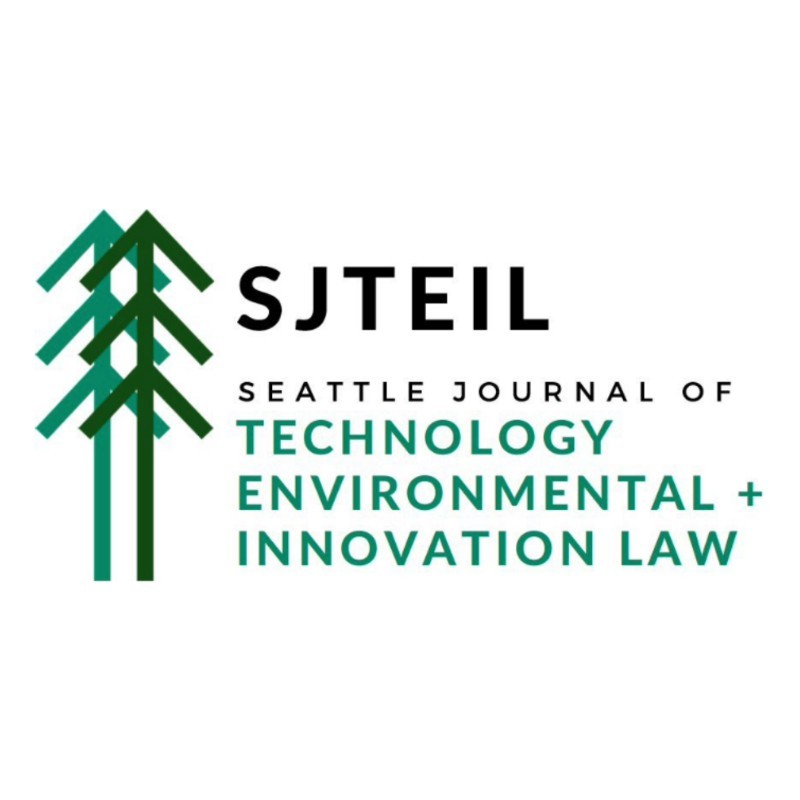Location
Online
Event Website
https://law.seattleu.edu/about/newscenter/all-current-stories/seattle-u-law-conference-examines-legal-and-policy-issues-around-generative-ai.html
Start Date
31-5-2024 9:45 AM
End Date
31-5-2024 10:45 AM
Description
In Session One of the SITIE 2024 Symposium titled “Reimagining Copyright in the Generative AI era,” moderated by TILE Co-Director and Professor Margaret Chon, a panel of esteemed presenters discussed different means to view and interpret copyright in the era of GenAI. Professor Juan Carlos Reyes showcased how his students used collaborative projects with AI to craft unique literary works, drawing parallels between personal experiences and AI interactions. Professor Edward Lee explored the meaning of “Authors” in the Progress Clause and the U.S. Copyright Office’s reliance on the so-called “traditional elements of authorship,” a term that no federal court has ever used to determine authorship. And lastly, Professor Matthew Sag addressed whether AI outputs can meet the stringent requirements of human authorship as defined by U.S. copyright law, given the potential of AI as a tool for creative expression.
Included in
Session 1: Reimagining Copyright in the Generative AI Era
Online
In Session One of the SITIE 2024 Symposium titled “Reimagining Copyright in the Generative AI era,” moderated by TILE Co-Director and Professor Margaret Chon, a panel of esteemed presenters discussed different means to view and interpret copyright in the era of GenAI. Professor Juan Carlos Reyes showcased how his students used collaborative projects with AI to craft unique literary works, drawing parallels between personal experiences and AI interactions. Professor Edward Lee explored the meaning of “Authors” in the Progress Clause and the U.S. Copyright Office’s reliance on the so-called “traditional elements of authorship,” a term that no federal court has ever used to determine authorship. And lastly, Professor Matthew Sag addressed whether AI outputs can meet the stringent requirements of human authorship as defined by U.S. copyright law, given the potential of AI as a tool for creative expression.
https://digitalcommons.law.seattleu.edu/sitie_symposium/sitie2024/Introduction/3


